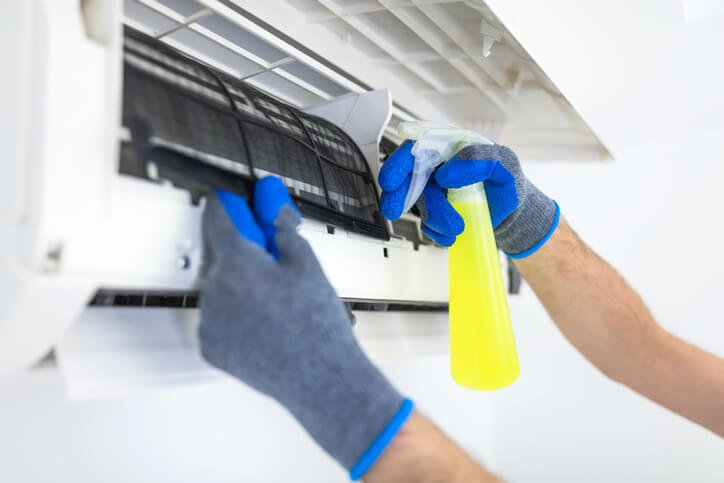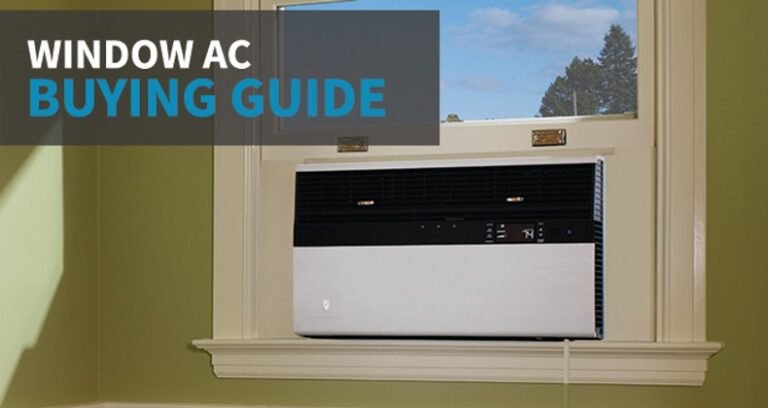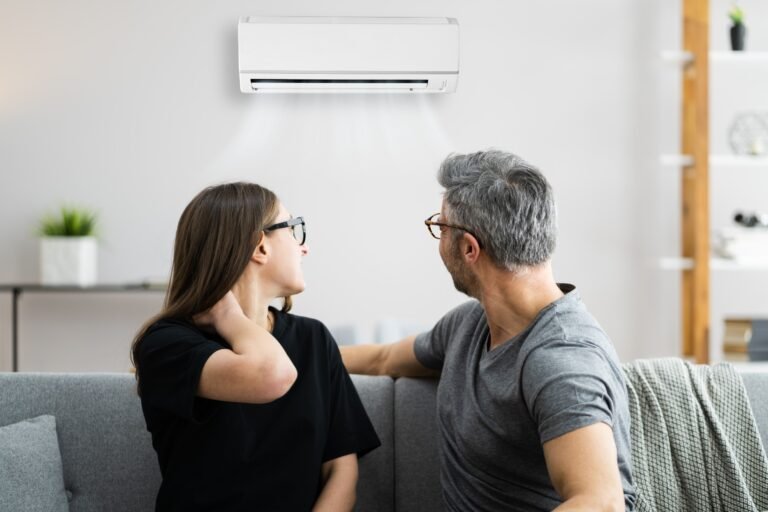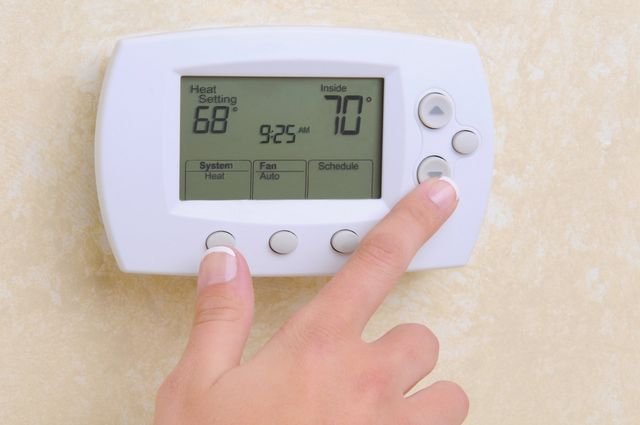Can Air Conditioning Affect Your Sinuses? Find out Here!
Yes, air conditioning can affect your sinuses by triggering runny noses and drying out the mucus membranes in your nasal passages. The sudden change in temperature and humidity, along with the dry air blown out by air conditioners, can lead to congestion and discomfort in your sinuses.
Additionally, mold, dust, and pollen can get trapped in the coils of the air conditioning unit and be circulated back into the air, further irritating your sinuses. It’s important to use your air conditioner moderately and at a comfortable temperature to avoid exacerbating sinus issues.
How Air Conditioning Can Trigger Sinus Symptoms
Can air conditioning affect your sinuses? Yes, air conditioning can trigger sinus symptoms. Cold rooms and sudden changes in temperature and humidity can cause runny noses. The nasal membranes respond to the cold, dry air by producing mucus. Additionally, air conditioners blow out cool, dry air, which can result in a loss of humidity in the ears, nose, and throat, drying out the mucus membranes. This can potentially lead to discomfort and sinus issues. It is important to moderate the use of air conditioning and maintain a comfortable temperature to avoid any negative effects on the sinuses.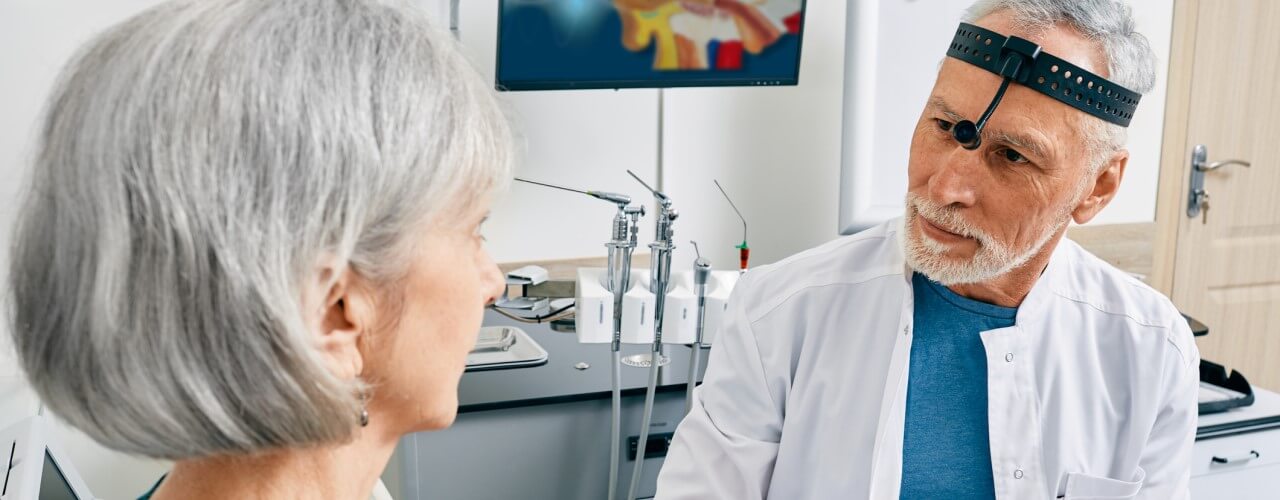
Credit: www.harleystreetent.com
Symptoms Of Sinusitis Caused By Air Conditioning
Yes, air conditioning can affect people’s sinuses for a couple reasons. The first being that cold, dry rooms trigger runny noses the same way going outside in the winter after being in your warm house does. The sudden change in temperature and humidity triggers glands in the nasal membranes to produce mucus. This can lead to symptoms such as thick, yellow or greenish mucus from the nose (runny nose) or down the back of the throat (postnasal drip), as well as a blocked or stuffy nose (congestion).
The way that air conditioners work is to blow out cool – but dry – air. This can mean that if you’re in an air conditioned environment for some time, your ears, nose, and throat can suffer because there is a significant loss of humidity. This can dry out the mucus membrane in the middle ears and also the nasal passages.
Using air conditioning excessively, especially in very low temperatures, can contribute to sinus issues. Extremely cold air can cause your nasal passages to contract, potentially leading to congestion and discomfort. It’s best to use your AC moderately and at a comfortable but not too cold temperature.
Effects Of Dry Air From Air Conditioning On Sinuses
Can air conditioning affect your sinuses? The answer is yes. When air conditioners blow out cool and dry air, it can lead to several effects on your sinuses and respiratory system. The loss of humidity caused by air conditioning can result in dry mucus membranes, including the nasal passages and middle ears. This dryness can trigger various symptoms such as a runny nose, congestion, and postnasal drip. Additionally, the sudden change in temperature and humidity from being in a warm environment to a cold air-conditioned room can also cause nasal glands to produce more mucus.
The Link Between Air Conditioning And Sinus Infections
| Can air conditioning cause sinus problems? |
| Yes, air conditioning can affect people’s sinuses for a couple of reasons. The first being that cold, dry rooms trigger runny noses the same way going outside in the winter after being in your warm house does. The sudden change in temperature and humidity triggers glands in the nasal membranes to produce mucus. |
| Overuse of AC and its impact on sinus health |
| Using AC excessively, especially in very low temperatures, can contribute to sinus issues. Extremely cold air can cause your nasal passages to contract, potentially leading to congestion and discomfort. It’s best to use your AC moderately and at a comfortable but not too cold temperature. |
| The Link between Air Conditioning and Sinus Infections |
| Air conditioning filters out allergens and pollutants, which can help prevent sinus infections. However, if not properly maintained, AC units can become breeding grounds for mold and bacteria, which can then be circulated throughout the room and potentially cause sinus infections. |
Frequently Asked Questions For Can Air Conditioning Affect Your Sinuses
Does Ac Make Sinus Worse?
Yes, AC can worsen sinuses because cold, dry rooms trigger runny noses similar to going outside in winter after being in a warm house. The sudden change in temperature and humidity stimulates glands in the nasal membranes to produce mucus.
What Are The Symptoms Of Ac Sinusitis?
The symptoms of AC sinusitis may include thick, yellow or greenish mucus, a runny or blocked nose, and postnasal drip. Air conditioning can cause sinus problems due to the cold, dry air it blows out, which can dry out the nasal passages.
Overuse of AC and the presence of allergens like mold and dust in the system can also contribute to sinus congestion.
Why Does Ac Hurt My Sinuses?
Air conditioning can hurt your sinuses because it blows out cool and dry air, which can cause a significant loss of humidity. This can dry out the mucus membrane in your ears, nose, and throat, leading to discomfort and potential sinus issues.
Can Air Conditioning Give You Sinus Infection?
Yes, air conditioning can cause sinus infections. Cold, dry air can trigger runny noses and changes in humidity can stimulate mucus production in the nasal membranes. Additionally, air conditioning units can collect allergens like dust and mold, which can irritate sinus passages.
Conclusion
Air conditioning can indeed affect your sinuses. The cold, dry air from AC units can trigger runny noses and congestion by drying out the nasal passages. Additionally, allergens like dust and pollen can be recirculated in the air, further irritating sinuses.
Therefore, it’s important to use AC moderately and maintain a comfortable temperature to minimize the impact on your sinuses. Take care of your respiratory health and consider using a humidifier if needed.


